Reframing Diversity, Equity, and Inclusion (DEI) Initiatives in 2025
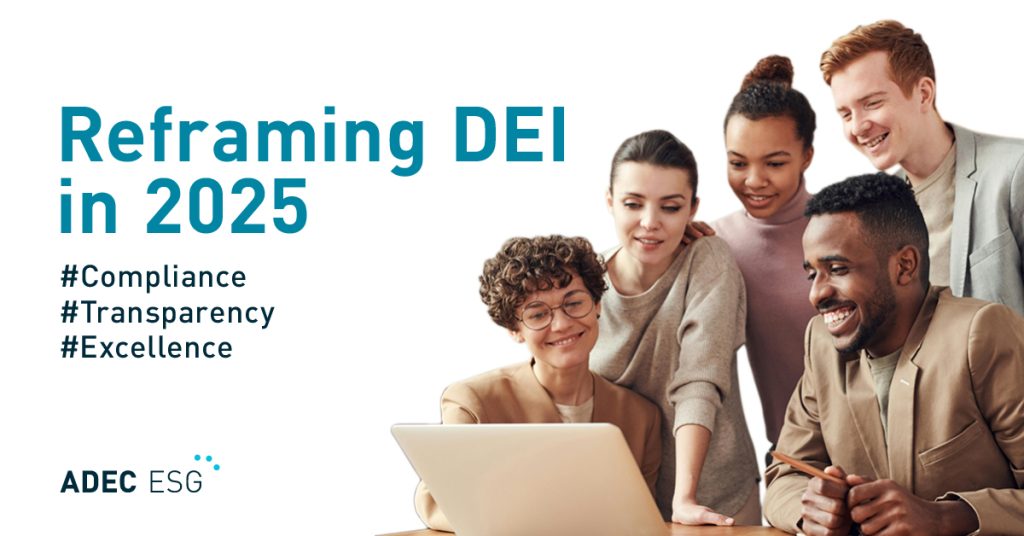
Discover how you can maintain a commitment to your core values and legal compliance amidst executive orders pertaining to DEI programs.
The Link Between Peace and Sustainable Development
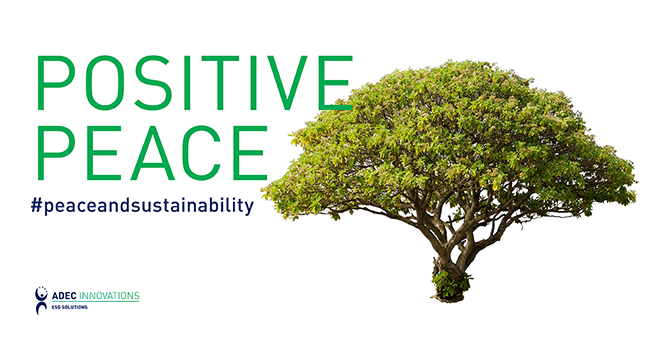
Promoting a peaceful society is more than just one of the UN’s Sustainable Development Goals. The aims and initiatives that drive peace and sustainability are closely linked and require the involvement of both public and private sectors.
Building a Sustainable Workforce: Reimagining DEI through ESG
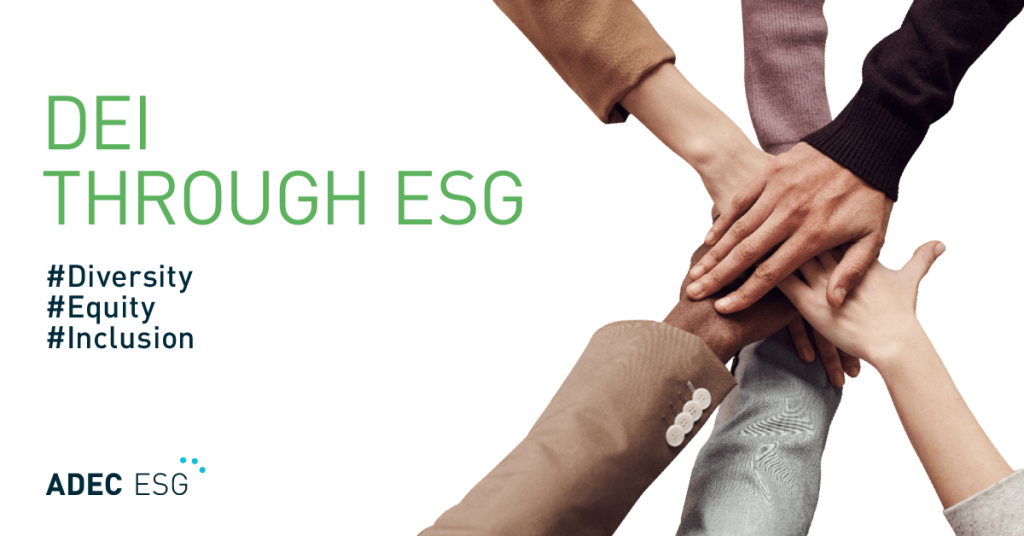
How can companies create meaningful, impactful DEI programs and avoid the pitfalls of some traditional programs?
Navigating the Social Pillar: Human Capital and Social Capital Risk
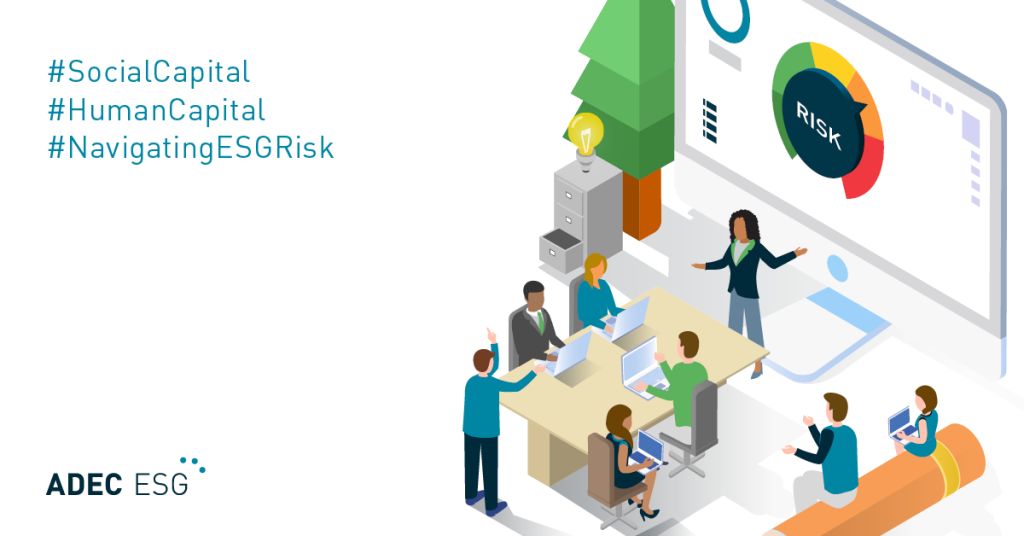
The “S” may be the most misunderstood and overlooked pillar in ESG. Today, we’ll explore the risks that lie behind lagging on the social aspects of ESG and outline real-world examples that may look familiar.
How and Why to Give Back This Holiday Season

The holidays are fast approaching, and in many cultures, this is the season for spending time with loved ones—and the season for giving. What better way to spread the holiday cheer in your community than by giving back?
Case Studies for Cycling Culture

Pursuing green alternatives to driving can seem daunting, but normalizing green transportation, specifically biking, can be beneficial not only for individuals, but for the environment as a whole.
How Global Entities Are Bracing for Climate Change

As an island nation, the Philippines is particularly susceptible to the effects of global climate change, and their example highlights the importance of understanding the long-term environmental and economic benefits of sustainability.
The Philippines and Pathways to Climate Resiliency
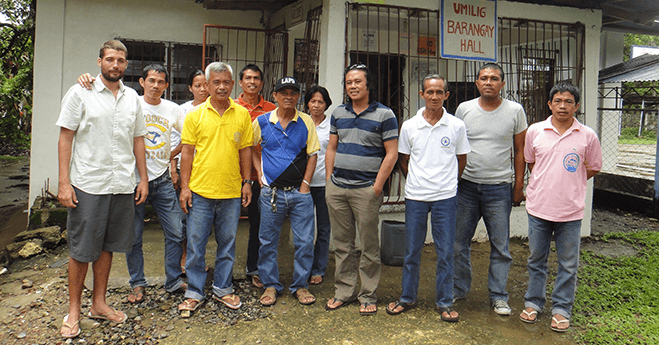
Global climate change is heavily disrupting many ecosystems across the world. While some countries fail to acknowledge the importance and urgency of the matter, others are working to prioritize climate change adaptation and resiliency in their policy and planning goals.
4 Ways Sister Cities are Connecting Global Communities
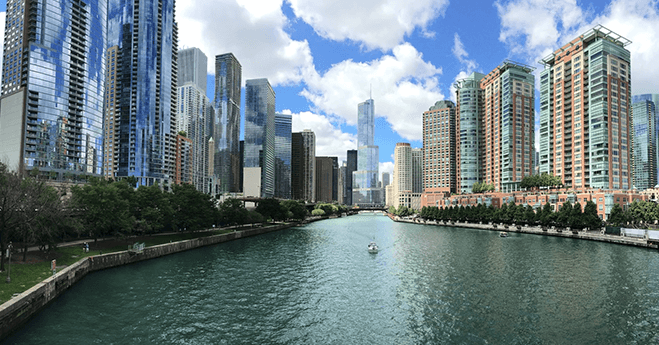
Chances are, you have seen signs around your city declaring a relationship with a ‘Sister City’ on the other side of the globe. It sounds important, but what is a Sister City, and how do these relationships work in practice?
How Businesses Help Address Forced Labor and Slavery

Despite laws and regulations that prohibit their practice, forced labor and slavery are still widespread. According to a 2014 report by the International Labour Organization (ILO), roughly 21 million people are currently subject to forced labor. An estimated 68 percent of them are being exploited in the private economy, by individuals or enterprises, primarily in agriculture, construction, domestic work, manufacturing, mining and utilities.
Why Addressing Corruption Is a Key Component of Sustainability

The term “sustainability” is popularly associated with environmental protection. What many people do not know is that eliminating corruption in all its forms is also important in achieving sustainability. Principle 10 of the UN Global Compact is, “Businesses should work against corruption in all its forms, including extortion and bribery.” It recognizes the fact that ethical business practices is a key component of sustainability.
How Businesses Can Help Address Workplace Health and Safety Issues

Target 3 of the United Nations’ Sustainable Development Goals (SDGs) is “Ensure healthy lives and promote well-being for all at all ages.” One hurdle to achieving this target is workplace health and safety.
How the Business Community Can Help Alleviate Poverty
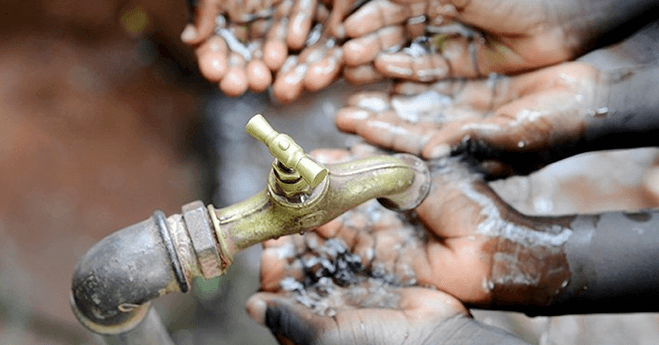
Stable communities depend on both public and private sector investment. How can global businesses take an active role in their communities and work to alleviate poverty and invest in their own resilience?
How Companies Can Ensure Responsible Sourcing

‘Responsible sourcing’ refers to companies’ commitment to promote ethical standards and social responsibility when dealing with suppliers.
Environmentally Friendly Practices for the Workplace
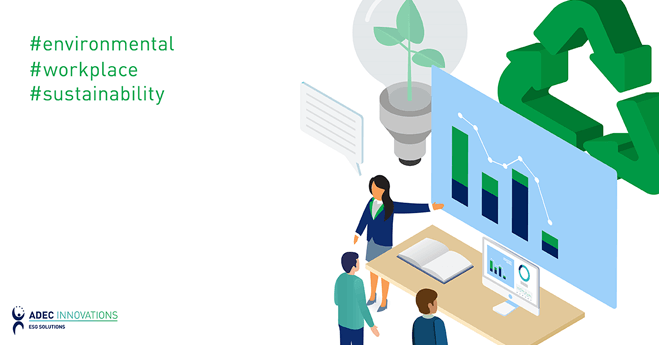
Today, there are many ways to live a more sustainable, eco-conscious life. But what about your time spent at work?
The Impact of Conflict Minerals on Business

Minerals are important ingredients in manufacturing. Gold and silver are used in jewelry, currency, computers, electronics and medicine. Copper is used in motors and electrical wiring. Cadmium is a main ingredient of batteries.
The Millennials’ Idea of a Sustainable Business

Millennials (the demographic born between 1980 and 2000) are currently the largest generation of consumers in history. In 2014, Millennials aged between 17 and 34 were expected to spend at least USD 200 billion each year from 2017 onwards. This age demographic is also expected to spend around USD 10 trillion in their lifetimes.
Understanding Impact Investing
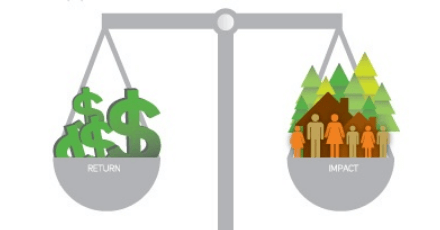
Conventional wisdom dictates that the goal of businesses is to generate profit — and this goal may come into conflict with objectives such as environmental conservation and responsibly-sourced consumer goods. Impact investing dispels these beliefs by offering opportunities for stakeholders to invest — and, ultimately, profit from — social and environmental solutions.
Why Gender Equality is Key to Addressing Climate Change

The Paris Climate Agreement is groundbreaking because it specifically mentions gender equality. So, why is this significant? How do gender and climate change relate to each other?